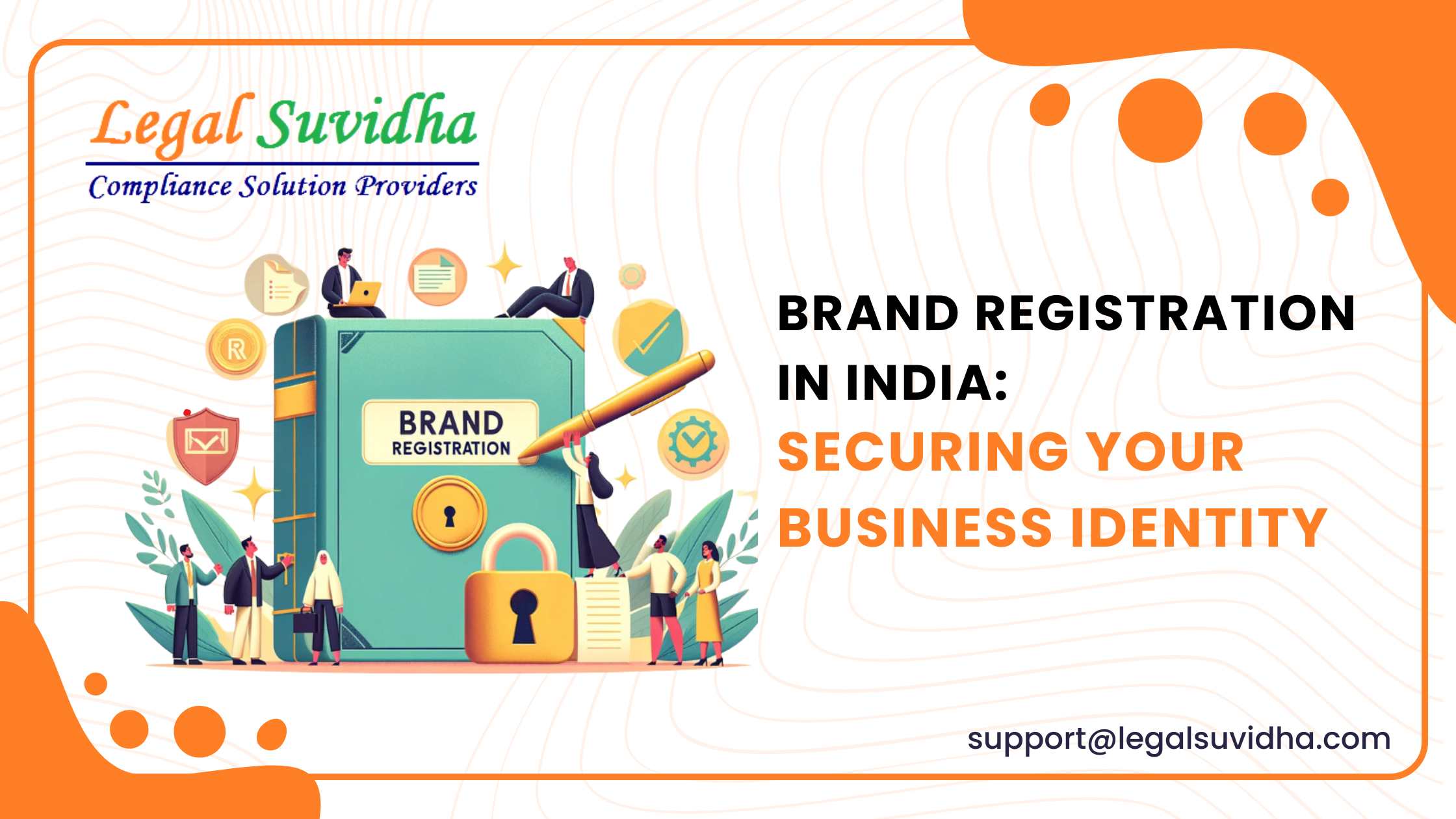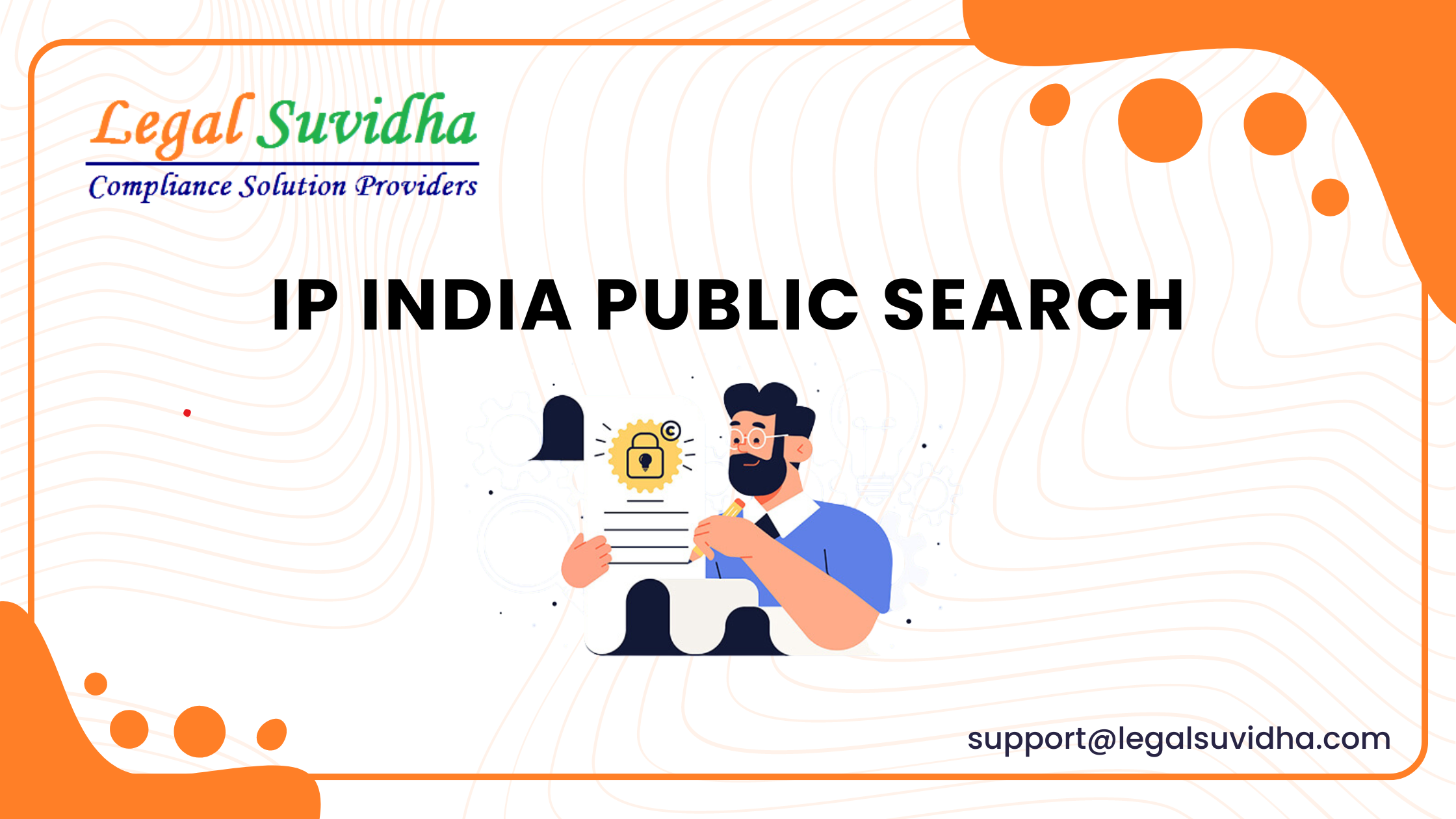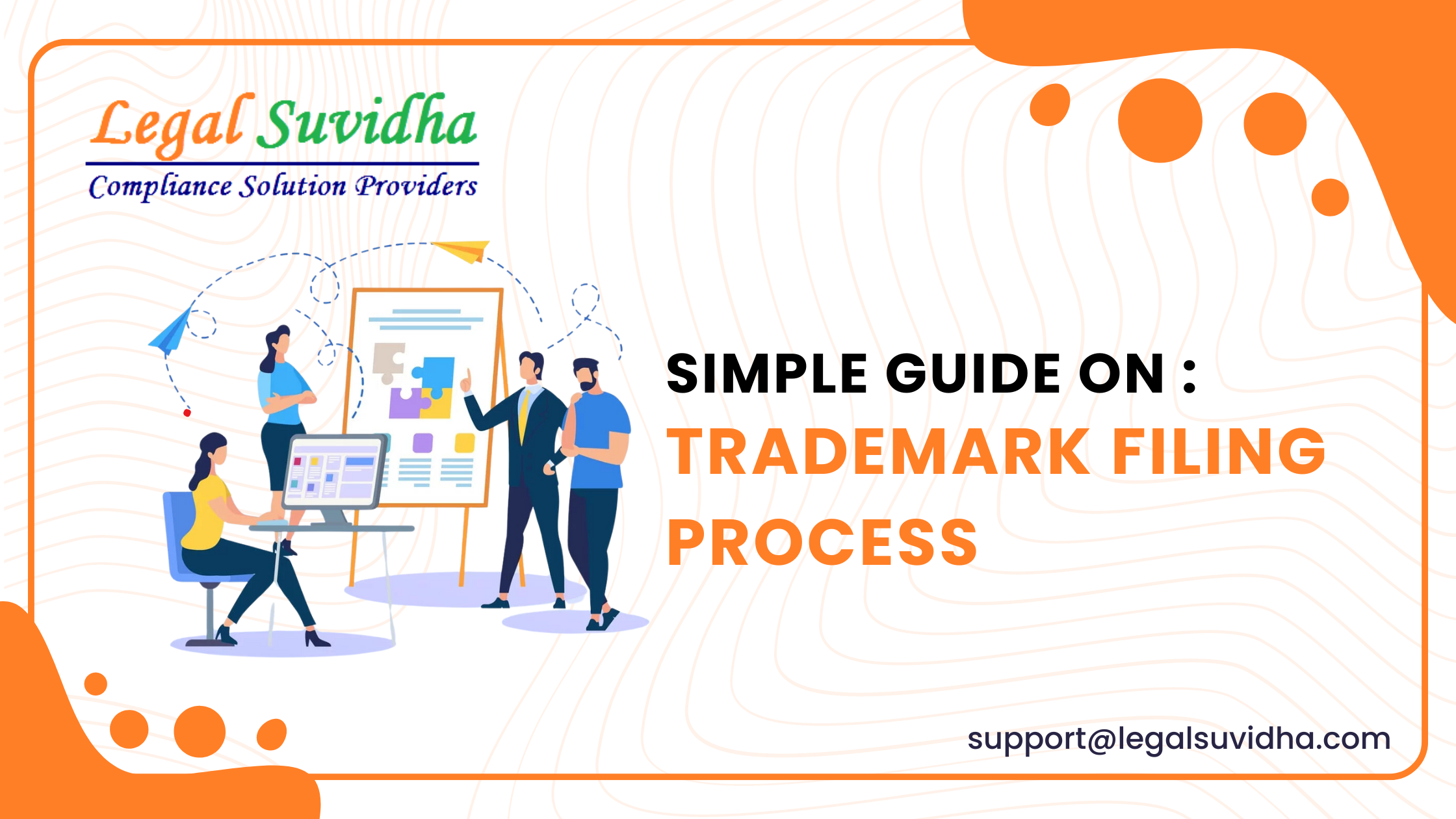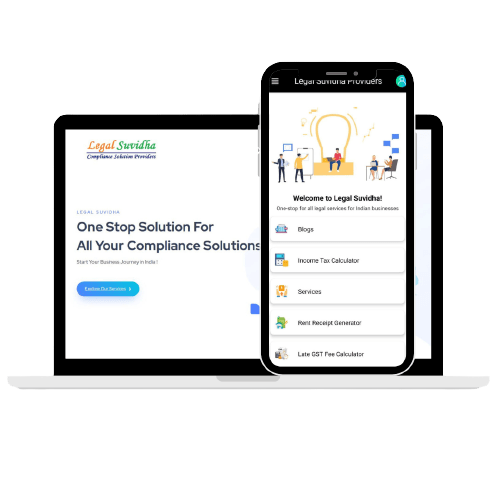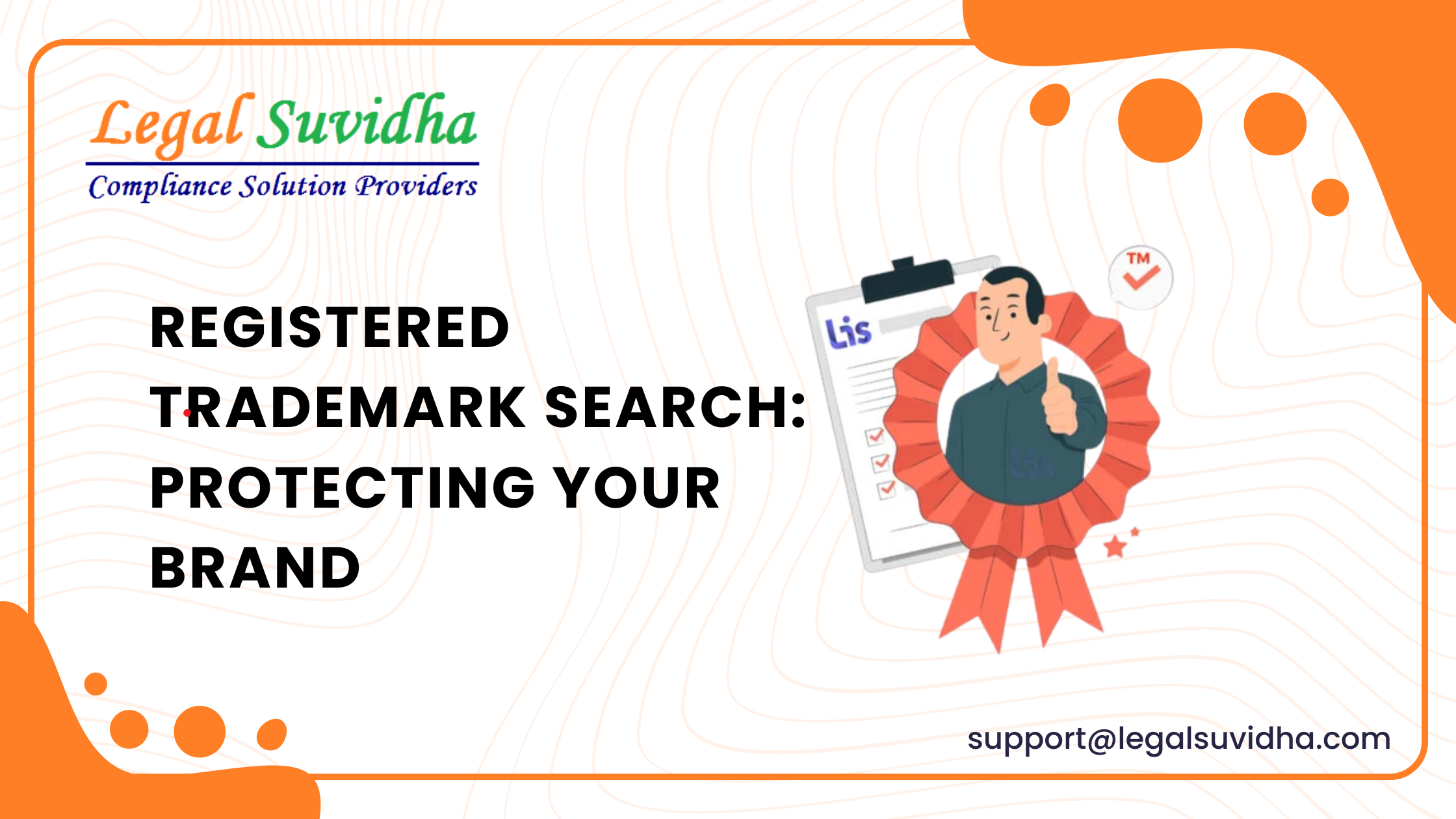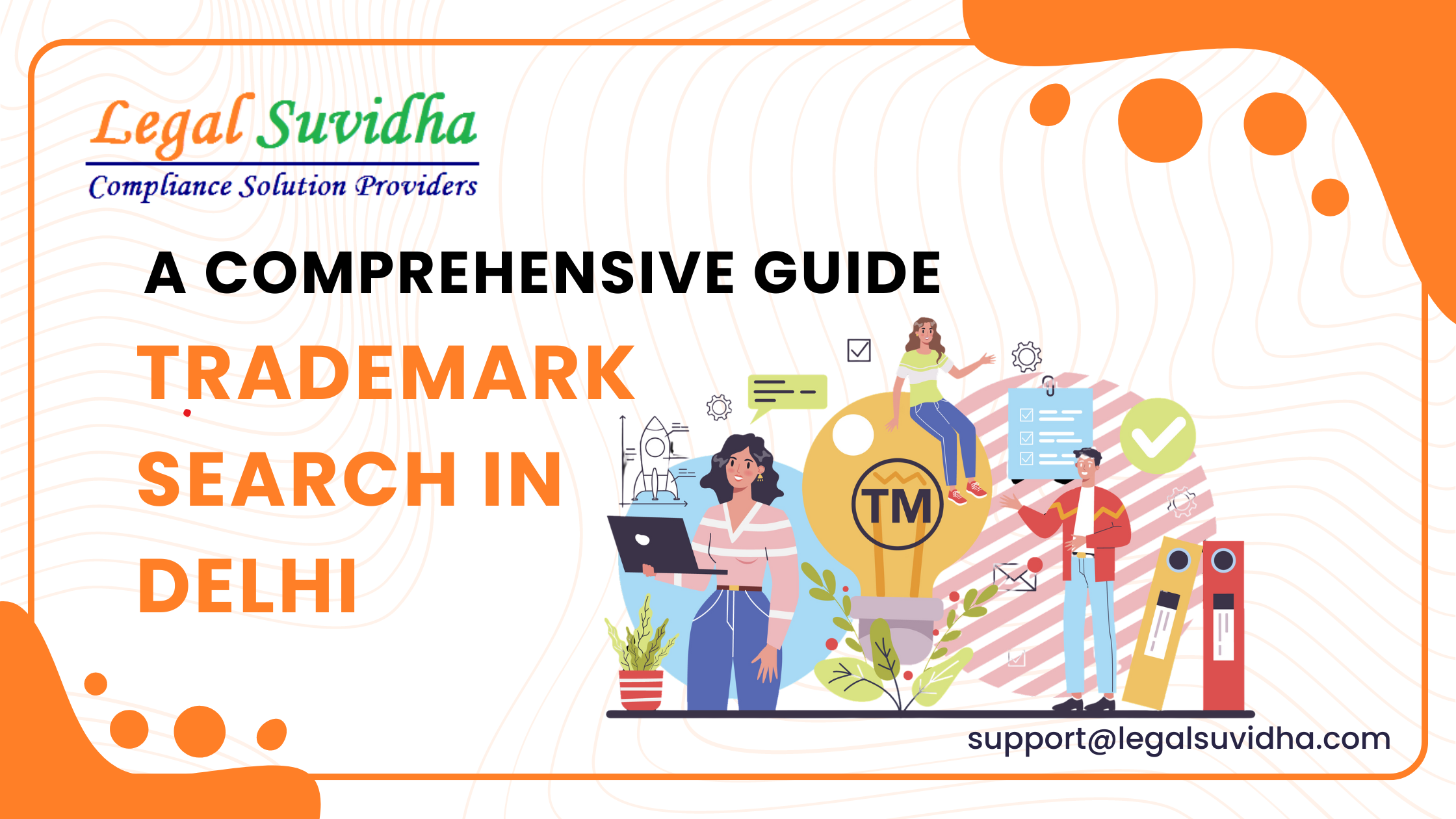Tax Scams and How to Avoid Them
Tax season can be stressful enough without having to worry about falling victim to a tax scam. Unfortunately, tax scams are becoming more and more common, and it’s important to be aware of the warning signs so you can avoid them. In this blog post, we’ll explore some of the most common tax scams and provide tips for identifying and avoiding them.
Phishing Emails
Phishing emails are a common tactic used by scammers to trick taxpayers into revealing their personal and financial information. These emails often appear to come from the IRS or other government agencies and may contain links to fake websites where taxpayers are asked to enter sensitive information like their Social Security number, bank account number, or other personal data.
To avoid falling victim to a phishing email, it’s important to be cautious when opening emails from unknown senders. Don’t click on any links or download any attachments until you’ve verified that the email is legitimate. If you’re unsure whether an email is real, contact the organization directly to confirm its authenticity.
Fake IRS Phone Calls
Another common tax scam is the fake IRS phone call. Scammers will call taxpayers and claim to be IRS agents, threatening them with fines or legal action if they don’t pay immediately. They may even use spoofing technology to make it appear as though the call is coming from a legitimate IRS phone number.
To avoid falling victim to a fake IRS phone call, remember that the IRS will never call you to demand immediate payment without first mailing you a bill. If you receive a call from someone claiming to be from the IRS, don’t give them any personal information or agree to make a payment over the phone. Hang up and contact the IRS directly to report the call.
Other Fraudulent Activities
There are many other types of tax scams, including fake tax preparation services, identity theft, and refund fraud. To protect yourself from these scams, it’s important to be vigilant and take steps to safeguard your personal and financial information.
Some tips for avoiding tax scams include:
- File your tax return as early as possible to reduce the risk of someone filing a fraudulent return in your name.
- Use a reputable tax preparation service or work with a qualified tax professional.
- Be wary of unsolicited emails or phone calls asking for personal or financial information.
- Check your credit report regularly to look for signs of identity theft.
- Keep your computer and other devices secure with up-to-date antivirus software and strong passwords.
The Role of Technology in tax scams:
As technology continues to evolve, so do the tactics used by scammers to commit tax fraud. In recent years, scammers have been using advanced technologies like voice cloning and deep fakes to deceive taxpayers and steal their personal and financial information. In this blog post, we’ll explore the role of technology in tax scams and discuss how you can protect yourself from these sophisticated tactics.
Voice Cloning
Voice cloning is a technology that allows scammers to create a digital replica of someone’s voice. This can be used to create convincing phone calls or voice messages that appear to come from a legitimate source, such as the IRS. Scammers can use this technology to trick taxpayers into revealing their personal information or making payments for fake tax bills.
To protect yourself from voice-cloning scams, be wary of phone calls or voice messages from unknown numbers. If you receive a call that seems suspicious, hang up and call the organization directly to verify the call’s authenticity.
Deepfakes
Deepfakes are manipulated videos or images that appear to be real. Scammers can use this technology to create fake videos of government officials or other trusted sources, claiming that taxes are overdue or that legal action will be taken if payment is not made immediately. These videos can be very convincing and can fool even the most discerning viewers.
To avoid falling victim to deep fake scams, be cautious when watching videos or looking at images online. Check the source of the video or image, and look for signs of manipulation, such as unnatural movements or inconsistencies in the background. If you’re unsure whether a video is real, try to verify it with a trusted source before taking any action.
Other Technologies
In addition to voice cloning and deepfakes, scammers are also using other technologies like spoofing, malware, and phishing emails to commit tax fraud. Spoofing allows scammers to make their phone number appear as though it’s coming from a legitimate source, such as the IRS. Malware can be used to infect computers and steal personal information while phishing emails can trick taxpayers into revealing their login credentials or other sensitive data.
To protect yourself from these types of scams, be cautious when opening emails or answering phone calls from unknown senders. Use up-to-date antivirus software on your computer, and never give out personal or financial information unless you’re absolutely certain that it’s safe to do so.
Protecting your business from tax scams:
As a business owner, you may be aware of the various tax obligations that your company has to meet. Unfortunately, scammers are aware of this too, and often target businesses with tax scams. These fraudulent activities can cause significant financial losses and legal trouble for your business. In this blog post, we’ll explore some of the common tax scams that target businesses and provide tips for protecting your company from fraud.
Phishing Scams
Phishing scams are one of the most common types of tax scams that target businesses. These scams typically involve an email or phone call that appears to be from a legitimate source, such as the IRS or a bank and asks for personal or financial information.
To protect your business from phishing scams, train your employees to identify suspicious emails and phone calls. Implement two-factor authentication for all accounts that contain sensitive information, and make sure that your employees never share login credentials with anyone else.
Business Identity Theft
Business identity theft is a serious concern for companies of all sizes. Scammers may use stolen business information to open credit accounts or apply for loans, which can result in significant financial losses for your business.
To protect your company from identity theft, monitor your business credit report regularly and consider using a credit monitoring service. Implement strong password policies and restrict access to sensitive information to only those employees who require it.
Fake Tax Collection Scams
Fake tax collection scams are another type of tax scam that can affect businesses. Scammers may pose as IRS agents and demand immediate payment for taxes owed, threatening legal action or even arrest if payment is not made.
To protect your business from fake tax collection scams, be aware that the IRS will never call or email you to demand immediate payment. If you receive a call or email that seems suspicious, verify the source of the communication before taking any action.
The impact of tax scams on victims:
Tax scams can have a profound impact on individuals and families, both financially and emotionally. In this blog post, we’ll explore the devastating effects that tax scams can have on victims and provide resources for those who have been victimized.
Financial Consequences
One of the most significant consequences of falling victim to a tax scam is the financial impact. Scammers may steal personal and financial information, such as Social Security numbers and bank account details, and use it to steal money or commit identity theft.
Victims of tax scams may face financial losses due to unauthorized charges on credit cards or bank accounts, fraudulent tax returns filed in their name, or even outright theft of their funds. The financial consequences can be particularly devastating for seniors, who may be living on fixed incomes or have limited resources to recover from a loss.
Emotional Consequences
In addition to the financial impact, tax scams can also have emotional consequences for victims. Many victims report feeling violated, ashamed, and embarrassed after falling for a scam. They may also experience anxiety, depression, or other mental health issues as a result of the trauma.
The emotional toll of falling victim to a tax scam can be particularly significant for seniors, who may feel that their trust has been betrayed or that they have been taken advantage of due to their age or vulnerability.
Resources for Victims
If you or someone you know has been victimized by a tax scam, it’s important to seek help and support. The following resources can provide assistance and guidance:
- The IRS has a Taxpayer Advocate Service that can help victims of tax scams resolve issues and work with the IRS to protect their finances and identity.
- The Federal Trade Commission has a website where victims can report scams and find resources for recovery.
- Local law enforcement can also provide assistance in cases of tax fraud or identity theft.
Conclusion
Tax scams can have a devastating impact on victims, both financially and emotionally. If you or someone you know has fallen victim to a tax scam, it’s important to seek help and support. By reporting the scam, working with authorities, and taking steps to protect your finances and identity, you can recover from the effects of tax fraud and move forward with confidence.
If You have any queries then connect with us at [email protected] or you can contact us & stay updated with our latest blogs & articles



